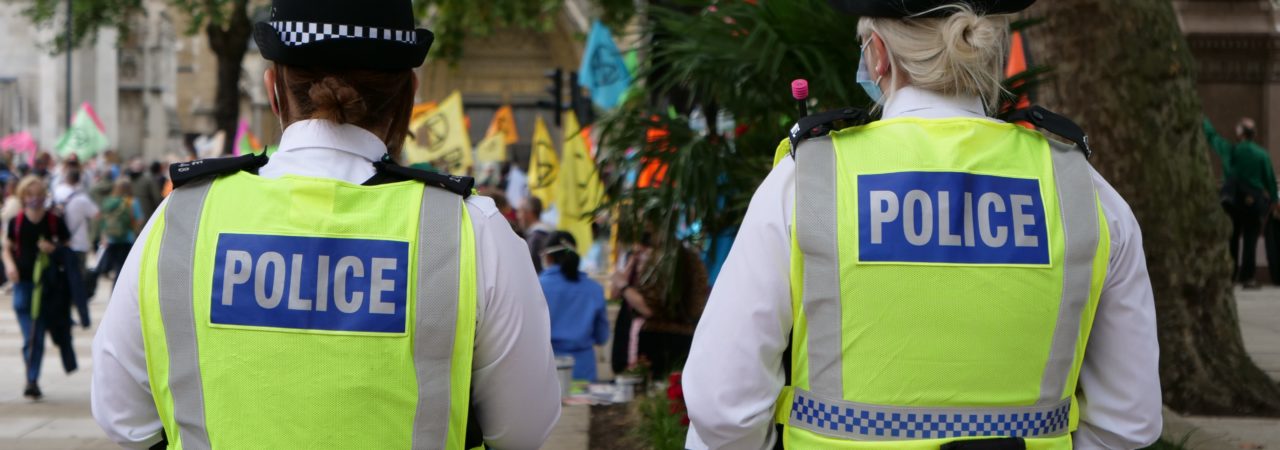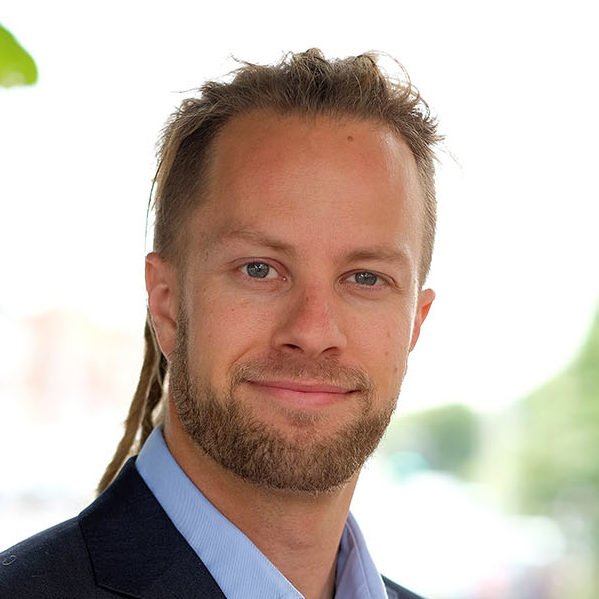I read recently in a Metropolitan Police report that London youth crime figures have decreased by 50% over the last five years but, in the last year alone, the use of stop and search in England and Wales had risen by 24%. The Metropolitan Police made almost half (49%) of all stop and searches in England and Wales and the highest age groups stopped were 15-19 and 20-24. I thought, it’s no wonder that young people feel victimised.
Number of suspects aged under 18 by crime category, Greater London
Source: Metropolitan Police
Back in 2009, when LifeLine started the SW!TCH programme, young people were bearing the brunt of a surge of negative perception, being painted as part of a new crime wave. For many of them, stop and search was sadly part and parcel of growing up in London. We started the programme when we listened to what the young people in our community were saying to us. They wanted to be judged fairly. They weren’t bad kids; they cared about their family, their friends, and their community. And most of all, they wanted to make a positive change and they needed our help.
The first things they wanted us to help them with were:
- Erasing the negative perception of young people
- Doing something for their community that is fun for all, based on a ‘flash mob’ idea
- Holding an event/activity that they could invite their friends and family to
We helped the young people set up SW!TCH ID. A young person powered flash mob doing random acts of kindness within their community. Years later, that initiative has grown and developed into a suite of programmes, the most recent being SW!TCH Rights, which follows up with young people that have been involved in a stop and search.
I have been made acutely aware of the suffering the police’s power of stop and search can cause within the local community. And I have sought to understand the hurt it causes the young people involved and the perception they have of its inequality in its targeting. When I’ve spoken to adults who were subject to stop and searches in their youth, I’ve been surprised at how supportive they are of the practice. The common view is that it needs to be conducted well, rather than not at all. In response to this, LifeLine has combined resources with local police to develop an approach that makes a stop and search less stressful and confrontational for both parties. We recommend:
- Working with young people to observe and input into the police's stop and search training
- Teaching young people how to respond appropriately when they are subject to a police stop
- Educating young people about the complexities of conducting a stop from a police perspective
- Developing a prevention programme to support young people who receive multiple stops
Building on this, our aim was to better understand why some young people are subject to repeated negative stop and searches (where no charge is brought). Our understanding is that these young people are at much higher risk of serious youth violence.
Search volumes for November 2020 to end October 2021, Greater London
by Ethnic Appearance
by Age
by Gender
Source: Metropolitan Police
With the help of the Metropolitan Police East BCU (Basic Command Unit)—covering Barking and Dagenham, Havering, Redbridge—we started a pilot project to contact a number of young people and their families who had been subject to two or more negative stops within the last year. We got in contact with 27 young people to conduct a questionnaire on their stop and search experiences. We also ensured that we had a control group of 13 young people to effectively measure impact.
Over a period of 12 weeks, we sent letters to these 27 young people and followed up with phone calls and home visits. None of the letters were answered, but we saw much more success with the phone calls and home visits. Apart from the questionnaire, we also offered various services to young people, such as mentoring sessions and a range of positive activities. Parents were offered parenting workshops and parent peer support.
Some refused to complete the questionnaires and refused all the other services offered as well. Those that responded within 6 weeks of the letter being sent responded positively to the programme. Young people or parent’s that did not respond within 6 weeks were much less likely to respond positively.
The young people who completed the questionnaires were happy about how the stop and searches were conducted. A majority of the young people were vague in their recollection of being stopped and most claimed to be positively engaged in employment or education.
Six months after, we had contacted the young people, the East BCU reviewed their data to see if any of the young people had since come to their notice, either through arrests, being a named suspect, named a victim, or as subject of another stop and search. Compared to the control group, we found that the young people that completed the questionnaire were slightly less likely to be arrested or subject to an additional stop and search. We found that those that refused to engage with the programme were more likely to be arrested. The young people that didn’t respond to our letters, phone calls or home visits were more likely to being named a suspect, a victim or subjected to additional stop and searches. We also found those that engaged with us and responded, positively or negatively, were slightly less likely to be subject to a future stop.
In addition to the above we know that one of the young people in our original cohort had been imprisoned and one has been fatally stabbed. This demonstrate that young people within this group are at a much higher risk of serious youth violence and demonstrates that it is an area that justifies greater investment.
We have now agreed to undertake the pilot with a second cohort and adopt our learnings from the first cohort to gain a higher response rate and a greater beneficial impact. We will compare the first and second cohort to identify common names and we give additional attempt to contact these young people.
Within these boroughs, we work closely with 220 young people in local schools at risk of criminal exploitation through other parts of our SW!TCH programme. Yet, on this programme, all the young people were unknown to us. This demonstrates the number of young people completely under the radar and challenge that lays ahead.



